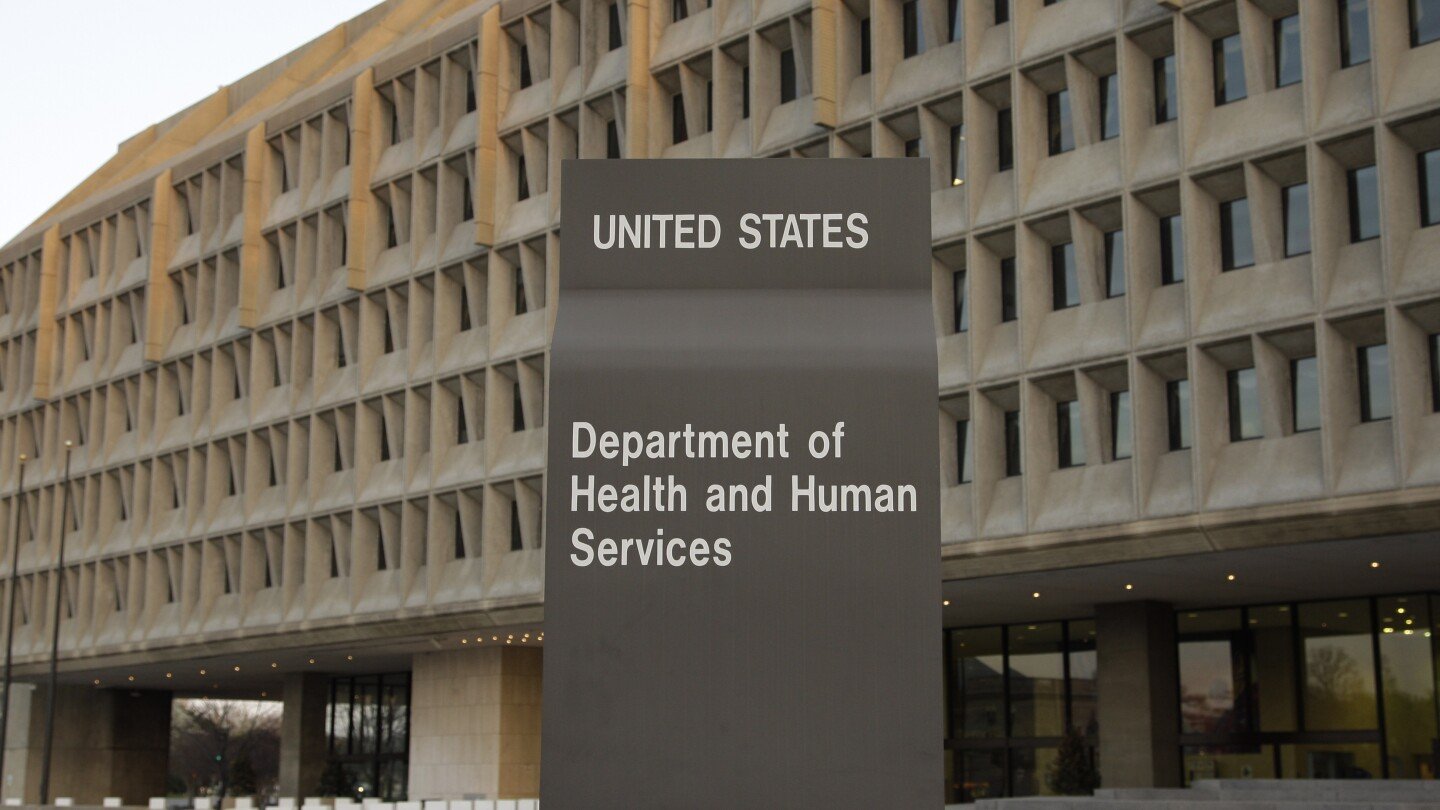- cross-posted to:
- [email protected]
- cross-posted to:
- [email protected]
As Salvatore LoGrande fought cancer and all the pain that came with it, his daughters promised to keep him in the white, pitched roof house he worked so hard to buy all those decades ago.
So, Sandy LoGrande thought it was a mistake when, a year after her father’s death, Massachusetts billed her $177,000 for her father’s Medicaid expenses and threatened to sue for his home if she didn’t pay up quickly.
“The home was everything,” to her father said LoGrande, 57.
But the bill and accompanying threat weren’t a mistake.
Rather, it was part of a routine process the federal government requires of every state: to recover money from the assets of dead people who, in their final years, relied on Medicaid, the taxpayer-funded health insurance for the poorest Americans.
A person’s home is typically exempt from qualifying for Medicaid. But it is subject to the estate recovery process for those who were over 55 and used Medicaid to pay for long-term care such as nursing home stays or in-home health care.
This month, a Democratic lawmaker proposed scuttling the “cruel” program altogether. Critics argue the program collects too little — roughly 1% — of the more than $150 billion Medicaid spends yearly on long-term care. They also say many states fail to warn people who sign up for Medicaid that big bills and claims to their property might await their families once they die.



Because our public education system has been gutted and the 4th estate has become something of a joke so good luck holding anyone accountable even if you are educated enough to realize what’s going on: This is by design to help the people in power try to keep their power and obscene wealth.